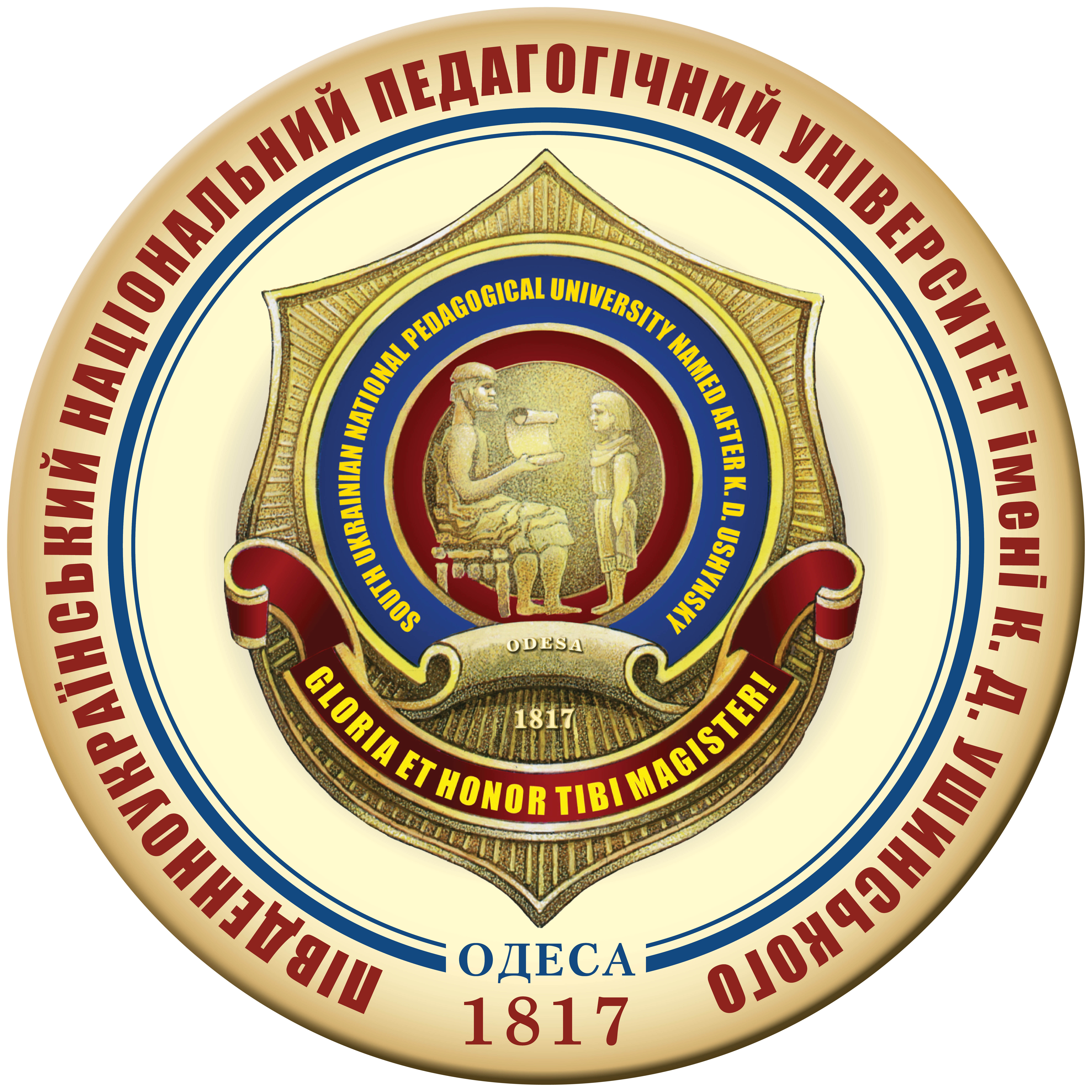THE POTENTIAL VALUES OF PHYSICAL CULTURE OF A MODERN PERSONALITY
DOI:
https://doi.org/10.24195/olympicus/2024-1.11Keywords:
physical culture, physical activity, axiology, personality developmentAbstract
The article deals with the problem of the potential of physical culture values as a basis for the formation of physical culture of a modern personality. The purpose of the study was to rethink, interpret and operationalise the values of physical culture. The methods: analysis of scientific literature, operationalisation, interpretation. Results. The review of modern literature on the research problem allowed us to determine that the concept of "physical culture" can be interpreted as a field of activity that has heterogeneous and homogeneous features. We have characterised the forms of physical culture (physical education, sports, recreation, therapeutic physical culture) and, accordingly, identified specific types of activity (educational and upbringing activities of a motor nature, educational and training, cognitive, therapeutic and restorative). The paper identifies the types and forms of material-production, socio-political and spiritual activities that are related to physical culture and that are derived from other types and forms of material-production, socio-political and spiritual activities. Based on the understanding that the system of individual needs is determined not only by social but also by biological factors, the forms of satisfaction of biological needs in motor activity are related to the historical development of production and culture, and depend on the conditions and lifestyle of social groups. The need for physical improvement of a person and expansion of his or her potentials goes beyond the needs of ordinary physical reproduction and becomes an integral part of a higher need aimed at harmonious development of the individual. Physical activity is also a factor in the cultivation of a person, the development of his or her physical condition, health promotion, the acquisition of motor skills, and thus the satisfaction of relevant needs. Conclusions. Interpretation of the concept of "physical culture" in view of it’s operationalisation of values allows us to consider it as an integrated field of activity, which includes various forms that belong to the main components of physical culture (physical education, sports, recreation and therapeutic physical culture), and is subordinated to the specifics of the interaction of educational and educational activities of a motor nature with material and production, socio-political and spiritual activities.
References
Арефьєв В. Г. Основи теорії та методики фізичного виховання: підручник. Київ: Видавництво НПУ імені М. П. Драгоманова. 2010. 268 с.
Візитей М. М. Спорт вищих досягнень і його соціально-культурна місія в нових умовах розвитку суспільства. Педагогіка, психологія та медико-біологічні проблеми фізичного виховання і спорту. Науковий часопис НПУ імені М. П. Драгоманова. 2009. № 12. С. 27–31.
Власюк Р. Формування у студентів потреби в здоровому способі життя засобами фізичної культури. Інноваційні підходи до фізичного виховання і спорту студентської молоді: матеріали регіонального наук.-практ. семінару. Тернопіль : Вид-во ТНПУ ім. В. Гнатюка. 2009. С. 199–201
Востриков В. А. Цінності соціуму і фізичної культури як феномени становлення особистості. Науковий огляд. Реферативний журнал. 2016. № 2. С. 31–41.
Дутчак М. В. Парадигма оздоровчої рухової активності: теоретичне обґрунтування і практичне застосування. Теорія і методика фізичного виховання і спорту. 2015. № 2. С. 44–52.
Олексин І. Я. Спортивна та фізична активність в контексті способу –життя сучасної людини. Вісник Житомирського державного університету імені Івана Франка. Філософські науки. 2019. №. 86. С. 61–70.
Подгорна В. В., Смолякова І. Д., Апенько Д. В. Вплив силових тренувань на психоемоційний стан студентів. Перспективи та інновації науки. 2021. № 5(5). С. 542–554.
Разумовський С. О. Маркетинг фізичної культури як елемент соціальної сфери суспільства (соціально-філософський аналіз). Слобожанський науково-спортивний вісник. 2013. №. 2 (35). С. 199–203.
Тукаєв С., Вашека T., Долгова O., Погорільська Н., Іваскевич Д., Федорчук C. Аматорський спорт як засіб запобігання емоційному вигоранню. Спортивна медицина, фізична терапія та ерготерапія. 2020. No2. С. 18–25.
Федоренко Є. О. Формування мотивації до спеціально-–організованої рухової активності старшокласників : автореф. дис. на здобуття наукового ступеня канд. наук з фізичного виховання і спорту. 24.00.02. Дніпропетровськ. 2012. 20 с.
Фідірко М. О., Кокотєєва А. С., Прокофьєва Л. А. Ціннісний потенціал фізичної культури в процесі виховання студентської молоді. Перспективи та інновації науки. 2022. №6(9) 2022. С. 461–470
Футорний С. М. Шляхи удосконалення організації фізичного виховання студентів вищих навчальних закладів. Педагогіка, психологія та медико-біологічні проблеми фізичного виховання і спорту. 2013. №12. С.94–100.








